

The Executive Director of UNEB Dan Odongo
The Executive Secretary of the Uganda National Examinations Board (UNEB) Daniel Odongo revealed recently that his institution has introduced a Whistle Blower policy through which it will offer financial rewards to anyone who gives concrete information that can be used to track and arrest examination cheats.
The Sunrise tried to find out the amount of money that the UNEB administrators are putting on table, but our efforts ended in vain.
Daniel Odongo justified that the introduction of a cash reward could lead to a significant decrease in cases of exam malpractices.
“UNEB is grateful to members of the public who have always taken it upon themselves to alert the Board of any forms of examinations malpractice. We do not take such efforts lightly. We appreciate the contributions of such individuals towards upholding the integrity of our examinations,” said Odongo.
“The Board now has a Whistle Blowers’ Policy which protects whistle-blowers from victimization for disclosing malpractice, and rewards any whistle blower who avails accurate information that will be useful in averting the vice,” he added.
Odongo used the same platform to warn all persons who are contemplating any involvement in examination malpractice citing that this time round the Board will be very harsh on them.
“If Examinations are riddled by malpractice, the results there from cannot be a true reflection of the candidates’ grades and competences,” said Odongo.
Odongo further noted that irrespective of the adverse effects to the learners due to the COVID-19 pandemic, there is need to know how effectively candidates would perform irrespective of COVID citing that examination malpractice would be a hindrance to that.
“It may also lead to the results of the candidates being canceled, which would be very unfortunate considering what the candidates have already gone through COVID-19,” he added.
Educationists’ view
UNEB’s policy on rewarding and protecting whistle blowers, has attracted mixed views. Whereas some believe it could work, others think it may spark baseless rumours that may cause unnecessary delays in the process of compiling results.
Abbas Mousa Ssali, the Headmaster of Amir Ntambi Memorial Secondary School in Ngeribalya-Gomba, notes that instead of investing money and time in using whistle blowers, UNEB should instead plug the many glaring gaps that often leak exams. He mentioned the fact that, currently Headteachers who are interested parties, are still allowed to transport parcels containing exams to and from the police stations.
“Although the transportation of exams was changed from transporting the days’ exams at once to transporting only those that are to be done,, there is still need for UNEB to fully take charge of their transportation to and from every examination centre. Exam parcels can still be tampered with and interchanged in the process of transportation,” he said.
Christopher Bwire, the headteacher of Mpoma girls school in Mukono however welcomes the policy as long overdue.
“At all levels people need a motivation to share information and I think this is a great motivator to people who would like to volunteer information to the board for purposes of tracking those who indulge in malpractices,” he said.
However, Bwire observes that the Board is likely to face the challenge of distinguishing between lies and accurate information.
“In the education sector, we have a lot of unfair competition where by there can be a bit of witch-hunt. So if a whistle blower has given information, what’s the capacity of the Board to verify that information given the fact that the identity of the whistle blower has to be kept a secret,” he said.
He added that the policy may not effectively eradicate the vice but may instead lead to the growth ofintrigue among rival schools as one tries to malign the other, even when there is no evidence simply because the whistle-blower has been promised protection.
David Lutaaya, a teacher at Kasawo Senior Secondary School, Mukono also praised UNEB for the innovation.
Lutaaya however warns that unless all government entities and citizens join hands to effectively eradicate corruption at all levels, the policy may only apprehend a few schools that may adequately lack funds to buy off the would be whistle blowers.
“For the big schools, cheating is technical and institutionalized undertaking and comes with a lot of expertise and willingness to buy off authorities once caught. This implies that if this is to work, high level of expertise has to be implemented,” he said.
He also cited the practice of keeping regional invigilators in one area as a gap because school heads get used to the same person, who is charged with allocating the school invigilators.
“In most areas, most schools have authority to decide who will invigilate them. This should be the next area of focus for UNEB. They should allocate invigilators who are not teachers in respective districts,” he said.

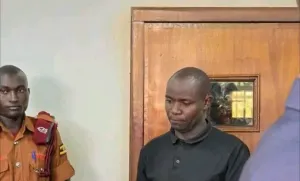

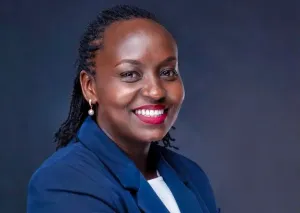
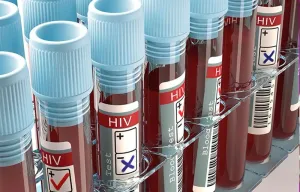
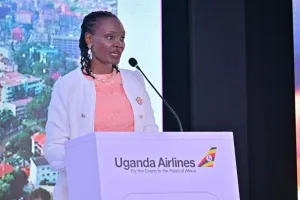
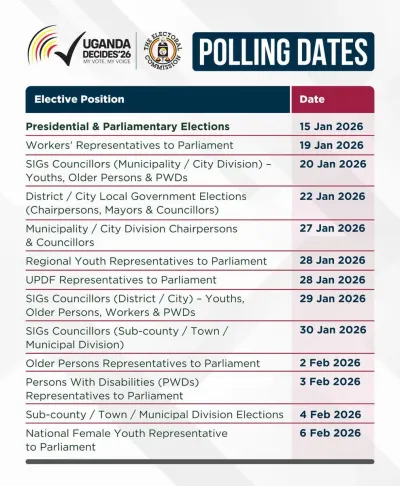







Vicent Nathan Lusambya
Leave a Comment
Your email address will not be published.